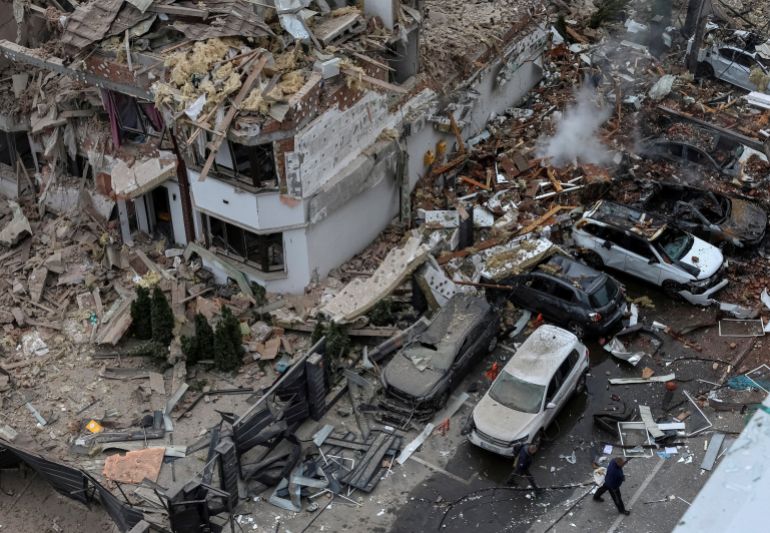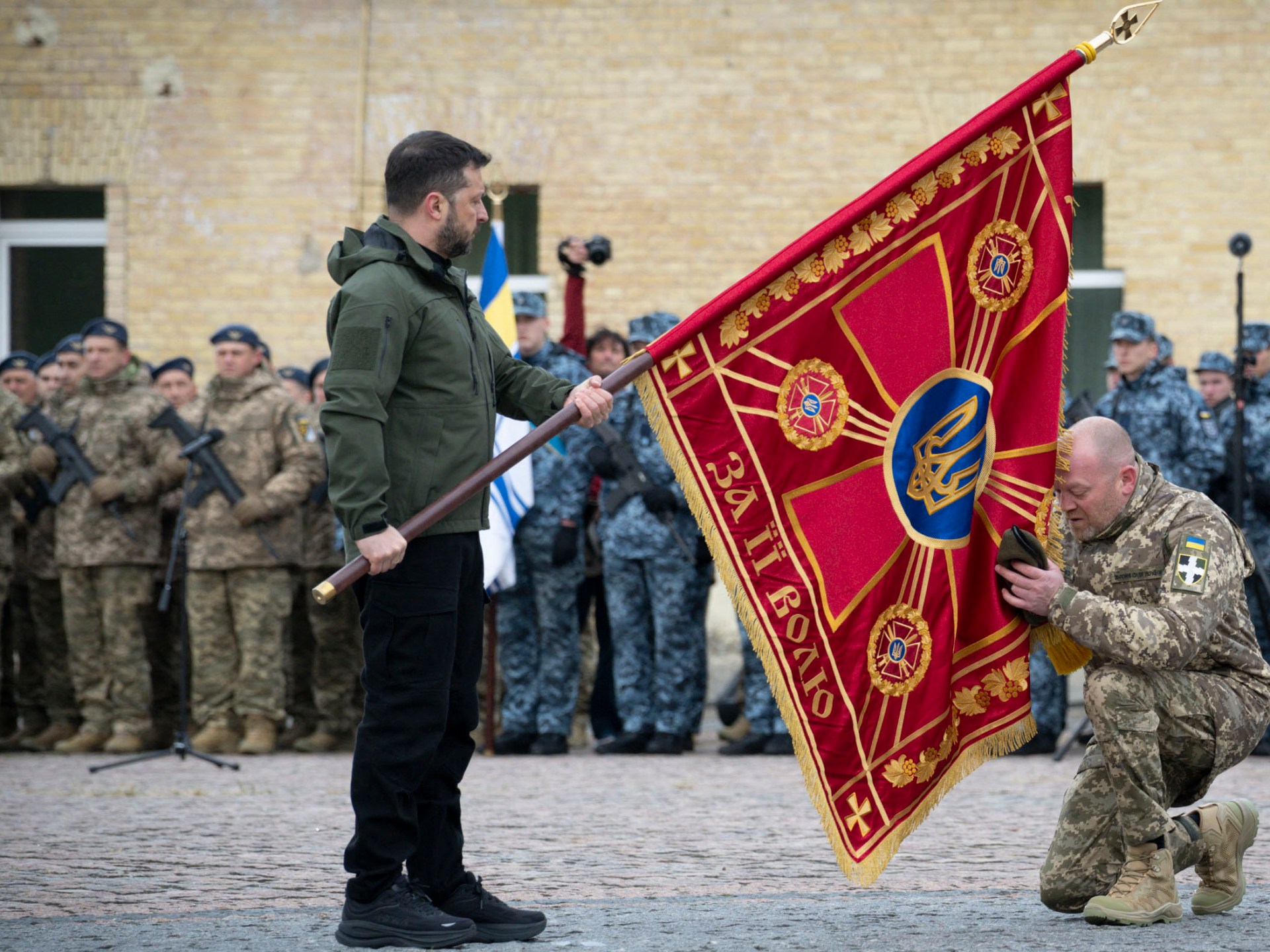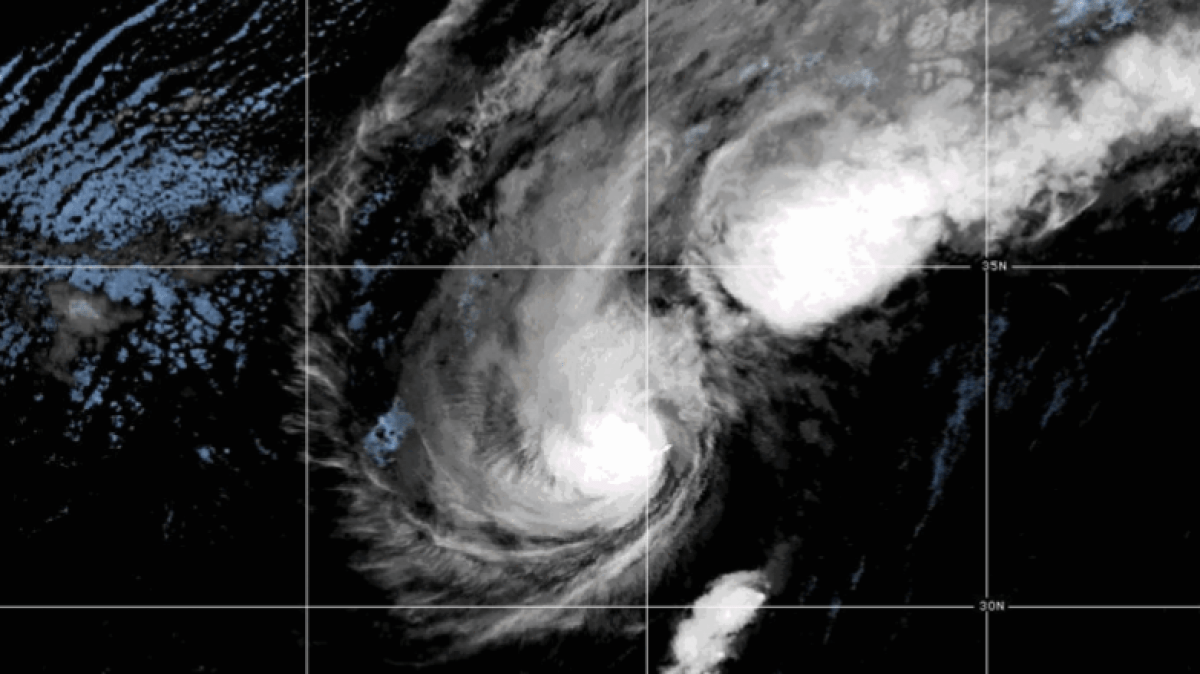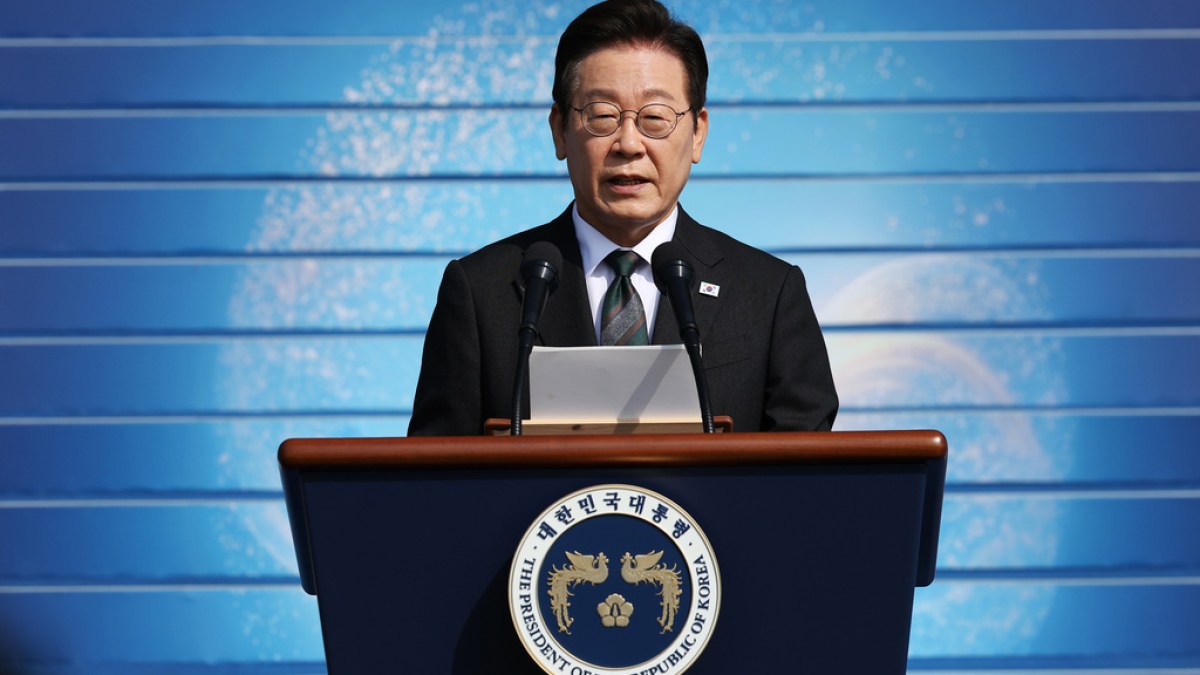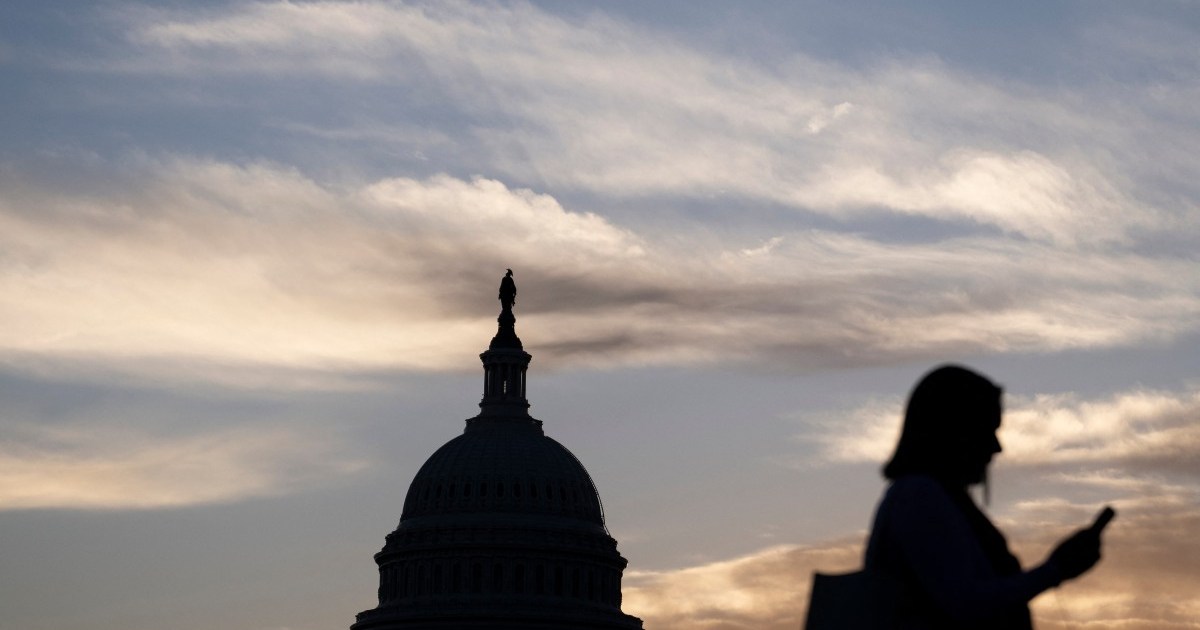As tensions between Russia and Europe continue to grow, Moscow has tried to present its ground war in Ukraine as unstoppable.
The Kremlin claimed last week to be in control of two-thirds of the buildings in Kupiansk, a city in Ukraine’s northern Kharkiv region.
Recommended Stories
list of 4 itemsend of list
“Russian troops have blocked a large group of the enemy from the northern and western sides, taking it in a half-ring,” said the Ministry of Defence in Moscow.
Russia has been trying to capture Kupiansk for most of this year, believing it will unlock a northern gateway for its forces to descend to the eastern region of Donetsk, whose complete capture Moscow has prioritised.
“Taking control over Kupiansk will allow the Russian troops to advance towards the Sloviansk-Kramatorsk agglomeration,” said the Defence Ministry, referring to Ukraine’s best-fortified towns in Donetsk.
Russian officials have been saying they are on the cusp of seizing Kupiansk since March. Ukrainian military observer Konstantyn Mashovets estimated Russia needed another one to two more divisions to do so.
On September 25, Russia’s Defence Ministry also claimed to have seized 4,714 square kilometres (1,820 square miles) of Ukrainian territory this year. The Institute for the Study of War (ISW), a Washington-based think tank, independently assessed the real figure to be closer to 3,434sq km (1,325sq miles).
Russia “continues to artificially inflate its claims of advance in Ukraine to support the Kremlin’s false narrative that a Russian victory in Ukraine is inevitable”, said the ISW.
Moscow’s forces, between September 25 and 29, claimed to have captured Kalinovskoye and Stepovoye in Dnipropetrovsk, and Derilovo, Mayskoye, Sandrigolovo and Kirovsk in Donetsk.
Trump’s pivot to Ukraine
On the diplomatic front, United States President Donald Trump’s remarks in New York were seen as a reversal of policy to which he has held fast during the first eight months of office.
During his first address to European allies on February 12, US Defense Secretary Pete Hegseth told them that “returning to Ukraine’s pre-2014 borders is an unrealistic objective”.
Later that month, Trump gave Ukrainian President Volodymyr Zelenskyy a bruising reception at the White House. Trump has also blamed Russia’s war on Ukraine.
But on the sidelines of the United Nations General Assembly (UNGA) on September 22, he praised Ukraine’s stout defence as “pretty amazing”.
He later suggested Ukraine could win a military victory.
“With time, patience, and the financial support of Europe and, in particular, NATO, the original Borders from where this War started, is very much an option,” Trump said on his Truth Social platform.
As recently as August 15, when he met with President Vladimir Putin in Alaska, Trump appeared to gamble on his personal diplomacy with the Russian leader to end the war.
Trump’s apparent change of heart came as Ukraine struck Russian refineries, causing fuel shortages – a weakness in Russia’s economy to which Trump alluded.
On September 24, Ukrainian drones struck the Salavat refinery and petrochemical complex in the Bashkortostan region, 1,200km (745 miles) southeast of Moscow, for the second time in less than a week. The drones reportedly hit a distillation unit that accounts for 60 percent of the plant’s 10-million-tonne annual processing capacity.
Two days later, they struck the Afipsky refinery in the Russian border region of Krasnodar Krai. Russia said falling debris from a drone had started a fire that was put out, without specifying the damage done.
On Monday, Ukraine hit the Tuapse oil offloading terminal on the Black Sea with surface drones, causing several explosions and a massive fire.
On October 1, Ukraine struck one of Russia’s largest refineries at Yaroslavl, 250km (155 miles) northeast of Moscow.
Sergei Aksyonov, the governor of Russian-occupied Crimea, confirmed last week that Russians were seeing fuel shortages.
In his Truth Social post, Trump had written, “It’s almost impossible for them to get Gasoline”.
A weapons ‘mega-deal’
Trump may also have been swayed by a weapons deal, reported to be worth $90bn – another reversal of an initial policy to cut the flow of US weapons to Kyiv’s forces.
Zelenskyy says he is working towards a “mega-deal” that involves “an agreement on modern drones for the United States”.
Zelenskyy first publicly raised the idea of buying weapons the US used to give it on April 9, after it became clear that the Trump administration was not willing to continue supporting Ukraine’s war effort as the Biden administration had done. He then reportedly communicated Kyiv’s readiness to spend $30-$50bn for Patriots.
But the latest Ukrainian proposal also involves purchasing US Tomahawk missiles, with a 1,600km (995-mile) range, reported Axios.
Trump’s special Ukraine envoy, Keith Kellogg, suggested on Sunday to Fox News that Trump was leaning towards providing them, after the Wall Street Journal reported Trump was also considering lifting restrictions on long-range strikes within Russia.
“Use the ability to hit deep. There are no such things as sanctuaries,” he told Fox News.
Ukraine’s longest-range weapon is currently the Flamingo cruise missile, with just over 1,000km (620-mile) range, but it has not yet entered active service at scale.
Russia reacted angrily to the reports.
Kremlin spokesman Dmitry Peskov said Russia would be analysing whether US targeting assistance was involved. Andrei Kartapolov, head of the Russian parliament’s defence committee, said Russia would personally target US officials who helped Ukraine in such a mission.
In one key respect, Trump’s stance towards Ukraine has not changed: He will not contribute financially to Ukraine’s defence, forcing Europe to foot the bill, and seeks to extract $500bn of rare metals from Ukraine as compensation for military aid under his predecessor.
Europe ‘no longer at peace’ with Russia
On Friday, NATO command said two Hungarian Gripen fighters took off from their base in Lithuania’s Siaulai to intercept a Su-30, Su-35 and MiG-31 “flying close to Latvian airspace”.
On Saturday, Denmark said drones had been spotted over several military facilities, including the Skrydstrup airbase and an army base in Holstebro. On the same day, Lithuania reported that drones disrupted traffic over the Vilnius airport, and Finland said it spotted drones over Valajaskoski power plant.
These were the latest suspected Russian incursions of NATO airspace since September 10, when two dozen Russian drones had to be shot down in Polish airspace.
Estonia said three Russian MiGs violated its airspace on September 19, and a Russian Ilyushin 20-M reconnaissance aircraft allegedly entered German airspace on September 21.
Poland said it will shoot down Russian aircraft violating its airspace in future.
Reporters asked Trump at the UNGA if he believed NATO countries should shoot down Russian aircraft if they enter their airspace.
“Yes, I do,” Trump replied.
Asked if the US would help NATO allies in such an event, he said: “Depends on the circumstance, but you know, we’re very strong toward NATO.”
NATO Secretary-General Mark Rutte last week said, “I totally agree here with President Trump: if so necessary.”
“Let me put it in a sentence that may be a little shocking at first glance,” said German Chancellor Friedrich Merz at a Dusseldorf news conference on Sunday, when asked whether Europe was at war with Russia. “We are not at war, but we are no longer at peace either.”
Russia has dismissed Europe’s concerns as baseless.
